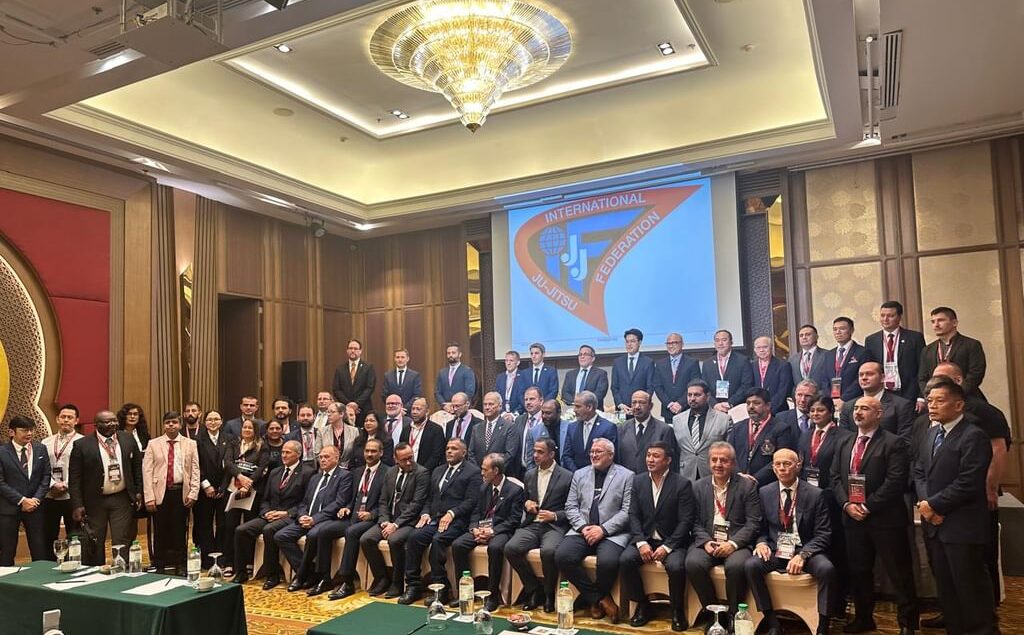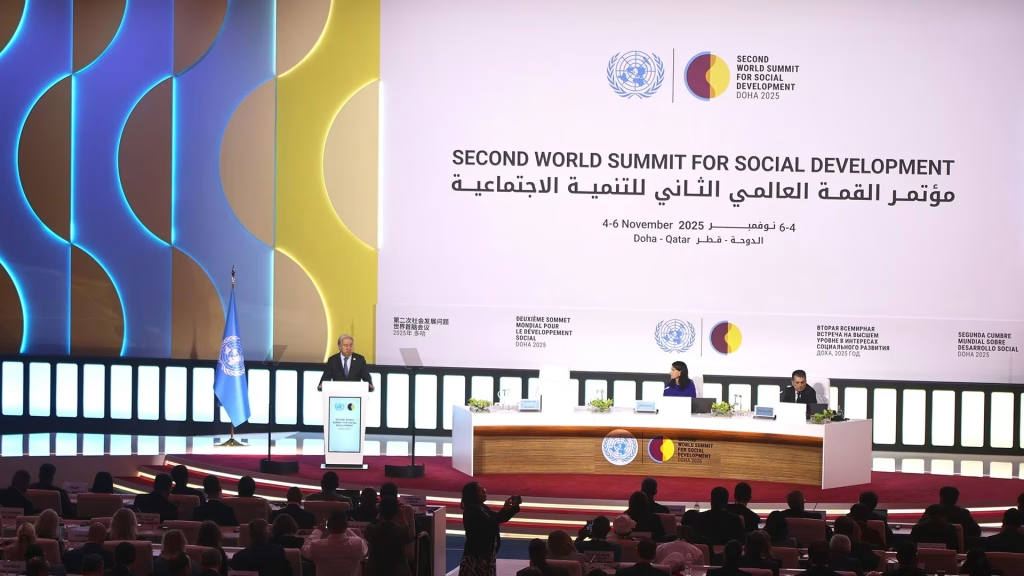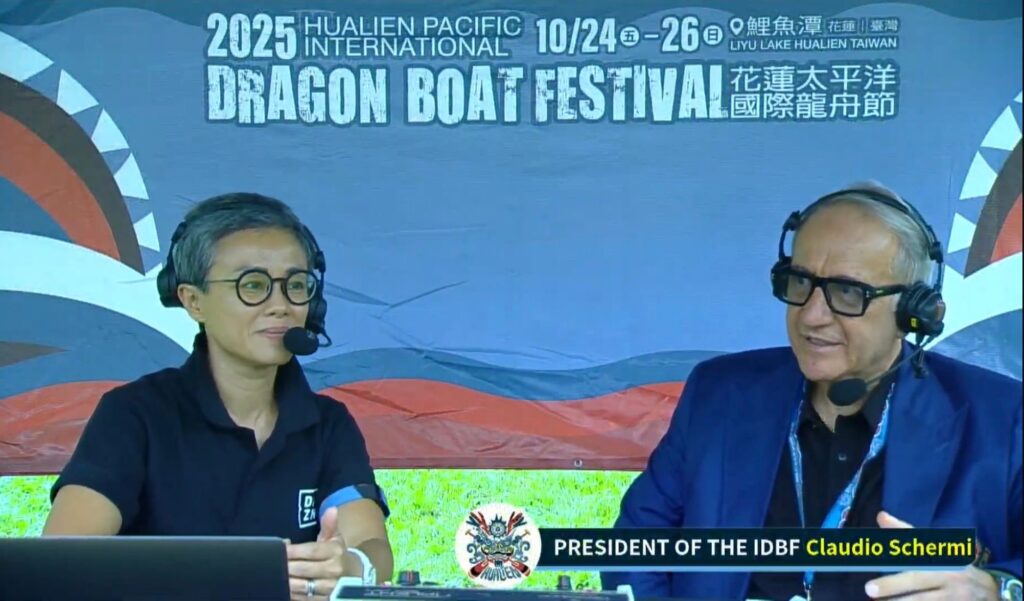President Bach opened by warmly welcoming over 300 participants in the room—and countless more joining remotely—and praised their dedication and engagement. He then outlined the Summit’s primary aims: to take stock of our achievements to date, to define a clear vision for the future, and to strengthen sport’s contribution to society and the UN Sustainable Development Goals.
“Your presence here today demonstrates the growing momentum behind our shared mission: to put sport at the service of society,” he said. “The purpose of this Olympism365 Summit is not only to reflect on how far we have come, but, more importantly, to chart the course for the future. What we have built together over the past years is only the beginning. Now is the time to take these efforts—and the goals of the Olympic Agenda—to new heights.”
He emphasized that sport must play a central role in advancing 11 of the UN SDGs—peace, health, social inclusion, gender equality, sustainability, and more—and that this requires a collective effort. “The IOC is fully committed to strengthening the role of sport as an important enabler of the UN SDGs,” President Bach noted. “We are doing so together with all of you. Together with our many partners from the UN family, from development institutions and from civil society, we are addressing these goals simultaneously.”
A strategy to use sport to advance the UN SDGs
Born from this spirit of openness and collaboration, the IOC’s Olympism365 strategy has grown into a truly global endeavour, with over 550 initiatives currently being delivered across 175 countries by the IOC, National Olympic Committees and a range of implementing partners. “Olympism365 is not just a concept. It is a living, evolving initiative that is already making a difference on the ground,” he added. “Whether through youth development, gender equality or peacebuilding—and so many more initiatives—Olympism365 is improving lives in real and meaningful ways across communities worldwide. This would not be possible without the commitment of our partners. Together, we are not just recognising the power of sport—we are realising it.”
Safeguarding in sport also featured prominently on the agenda. President Bach stressed that expanding access to sport must go hand in hand with ensuring that sport environments are safe and free from abuse and exploitation. “To make a real and lasting impact, our efforts must not only expand access to sport, but also ensure that sport is safe. Sport must be free from abuse and exploitation. Only then can it truly be a force for good,” he said. “This is why the IOC has made safeguarding a core priority, developing and investing in innovative safeguarding measures around the world. For this reason, safe sport is also a central theme of this Summit, as we work together to strengthen these efforts across the Olympic Movement.”
Looking ahead, President Bach underscored the importance of charting the course for the future and elevating the Olympic Agenda’s objectives to new heights. He introduced the incoming IOC President, Kirsty Coventry, expressing confidence in her leadership and shared vision. “In her, you will find a true partner in this mission who not only shares our values and vision—she has lived them,” he remarked. “She is living proof of what sport can achieve—for individuals and for society.”
Building a Better World Through Sport—Together: addressing global challenges with local solutions
Following President Bach’s address, the morning plenary session, themed “Building a Better World Through Sport—Together,” featured a series of high-profile speakers who highlighted the many ways sport can drive sustainable development. Among them were Robert Golob, Prime Minister of Slovenia; Laura Chinchilla, IOC Member and former President of Costa Rica; Dr Tedros Adhanom Ghebreyesus, Director General of the World Health Organization; Glenn Micallef, European Commissioner for Intergenerational Fairness, Youth, Culture and Sport; and Rémy Rioux, CEO of the French Development Agency. Their contributions underscored how sport can offer local solutions to global challenges—from public health and youth empowerment to gender equality and environmental stewardship.
The Olympism365 Summit—Sport for a Better World—is running from 3 to 5 June and brings together leaders from the Olympic Movement, UN agencies, development and financing institutions, civil society, purpose-driven businesses, the safe sport community and IOC Young Leaders. Building on the Sport for Sustainable Development Summit held in Paris on the eve of the 2024 Olympic Games, this event represents a pivotal moment to further leverage sport’s unique potential to address pressing challenges and accelerate progress toward the UN Sustainable Development Goals.




